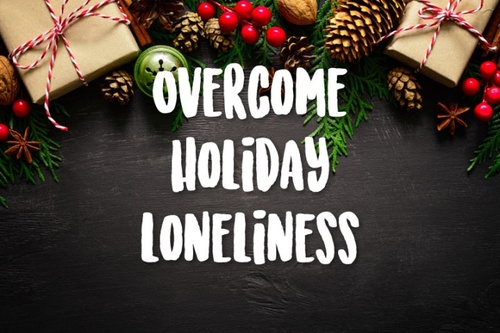

Watching a movie to take your mind off things for a couple of hours? Totally fine. Drinking one too many glasses of wine to forget feeling lonely? Not so much.
That’s the difference between distraction and avoidance, Dai says, and it’s important to know each affects you.
“Distraction can be helpful when it’s done with the intention of proactively giving yourself a break,” she explains. “When you take a break from stressful thoughts, it prevents burnout and helps you deal with the problems better when you’re revisiting them. Avoidance, on the other hand, is a passive coping strategy to momentarily inhibit uncomfortable feelings in such a way that prevents you from getting to the root of an issue.”
In essence, if you realize you’re lonely and consciously decide to stop thinking about it for a couple of hours to let yourself recharge, that’s a distraction. But if you instead downplay your emotions and try not to deal with them by throwing yourself into work or drinking too much alcohol, that’s just avoiding the problem.
When you do need a distraction, Dai encourages you to employ healthy coping techniques. Pamper yourself, indulge in a favorite activity or take a mental break with a movie or book.
“While it won’t take away the feeling of loneliness completely, taking extra good care of yourself can help you feel better and enjoy your solitude more,” she says.
November 25, 2019
